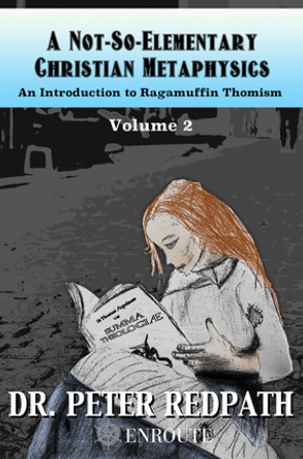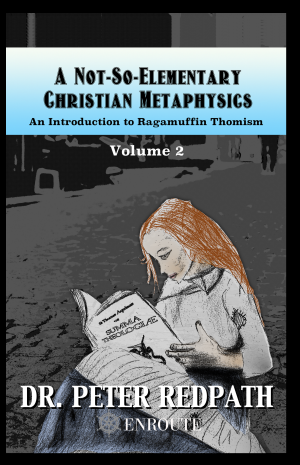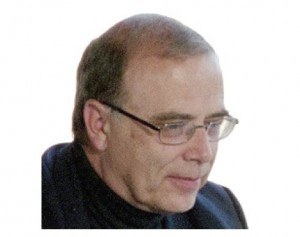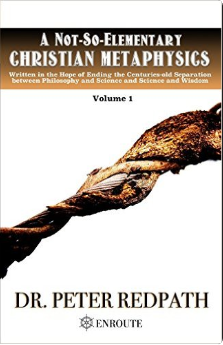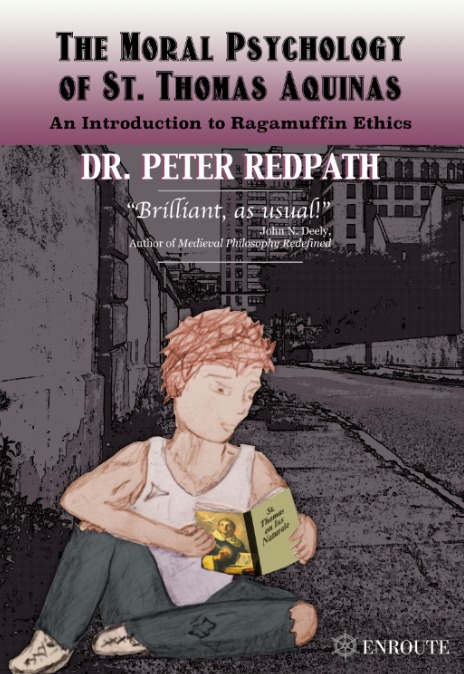TESTIMONIALS
“A Not-So-Elementary Christian Metaphysics is a rich book, and Redpath has a clear style. He breaks complicated issues into short, intelligible units. He repeats difficult points, and then he repeats them again, rephrasing them to make them understandable. This is a book I wish I’d had in my earlier years of studies. In reading it, I found that many notions and points I had often wondered about, or about which I needed more explanation, were much clearer after Redpath dealt with them. For us metaphysicians, this is a book of refreshment and a review of what we thought we knew….A Not-So-Elementary Christian Metaphysics is one of those rare, to-the-point books that argues forcefully about the heart of things. The book is remarkably whole. It relates the order of the mind and the order of things in a way we seldom see in a brief space. Yes, it remains a difficult book. We must take time to read it….The advantage of this book is its constant, step-by-step guidance to knowing how to achieve such an end of understanding what is, if we would have it. This is the highest service a professor can perform for those who wonder, for those who seek to know reality.” – Fr. James V. Schall (Professor Emeritus in the Department of Government at Georgetown University), New Oxford Review, May 2018, Volume LXXXV, Number 4.
“Standing on the shoulders of the intellectual principles that he has synthesized from classical thinkers like Plato, Aristotle, and Aquinas and twentieth-century intellectual giants like Mortimer J. Adler, Jacques Maritain, Armand A. Maurer, and Charles Bonaventure Crowley, Redpath has, in the tradition of Adler, composed a monumental work that challenges as false and civilizationally dangerous prevailing opinions of leading philosophical scholars, scientists, and ethicists ‘falsely-so-called’ about the nature and history of the subjects in which they profess to have an expertise.” – Max Weismann, Co-founder, with Mortimer J. Adler, of the Center for the Study of The Great Ideas
“In his book, A Not So Elementary Christian Metaphysics, Dr. Peter Redpath offers insightful analysis as to how modern science came to replace the classical philosophy and theology that had reigned in Western thought prior to the time of Rene Descartes. Redpath points out that no true science is possible without metaphysics first to offer apodictic foundations upon which to build the scientific edifice. Still, Descartes separated science from the world of theology and philosophy, thus starting it on a long historical road that ends in traditional ontological questions about human life, its origin, and destiny being now claimed solely the province of utopian socialists using modern methods of mathematical physics. The author skillfully illuminates the intellectual moves made by modern philosophers that led finally to the abysmal error that traditional religion and philosophy are today considered relics of an ‘infantile past.’ Redpath’s adroit exposure of this twisted intellectual path to modern folly makes for rewarding reading.” – Dr. Dennis Bonnette, retired, Niagara University in Lewiston, New York
“The power of Redpath’s historical survey and analysis is reminiscent of Hegel at his most sweeping.” – Jude P. Dougherty, Dean Emeritus of the School of Philosophy at The Catholic University of America
“Within the context of his penetrating review, Redpath gives stunning reinterpretations of Plato, Aristotle, and Aquinas to show that each of them recognized philosophy and science to be mainly studies of the problem of understanding the one and the many. His analysis of Aristotle and St. Thomas’s teaching about the nature of science is revolutionary. Within the process of these reinterpretations, he challenges commonly-received opinions among scholars about the nature and origin of the problem of universals, the nature of analogy and Christian philosophy, and the role that Descartes and Rousseau play in the development of modern thought. He persuasively argues that Rousseau is a neo-Averroist and that Rousseau’s teaching about the ‘General Will’ is simply an analogous transposition to the political sphere of Averroes’s teaching about the unity of the intellect. He even goes so far as to claim that the popular reduction of science to physics and the divorce of science from philosophy and wisdom is a result of the displacement in modern thought of metaphysics by utopian socialism (of various stripes). In short, he radically alters prevailing undertandings of philosophy, science, politics, and their history. In doing so he opens the path to their reunification. To say that this book is groundbreaking is an understatement. It is nothing short of a radical reinterpretation of Western intellectual history. As such, it should be an essential part of any serious scholar’s library.” – Dr. Curtis Hancock, Rockhurst University
“Common sense tells us the mind seeks unity and truth. While the universe is composed of many elements, the universe is nonetheless a universe(meaning one.) Our mind seeks truth in understanding commonality. The Greeks understood that the mind sought wisdom by the integration of reality. The modern age as it evolved to materialism and atheism chose to separate science from philosophy from each other ,being dismissive of philosophy since it was intangible. The issue is simple, but scientists and philosophers who are legendary created labyrinthian epistemological systems that bear no semblance to reality. Redpath, being a brilliantly disciplined philosopher with the common sense of a native of Brooklyn, NY cuts through the confusion in a volume that will rock ersatz philosophers!!!” – Joseph Indelicato, Caritas Consulting
“Dr. Redpath observes that all science/philosophy ‘chiefly aims at improving human possession of truth’ and adopts Mortimer Adler’s reflection that ‘the relation between truth and error is always that of a one to many. The truth is always singular, while the errors it corrects are manifold’ (p.210). In this work, Dr. Redpath accurately identifies the conditions for knowing the truth and at the same time combats the manifold errors that flow from the modern and postmodern misunderstanding of science/philosophy and attendant separation of science from philosophy. Metaphysical realism unites all the sciences under a final end and is inseparable from them. The principles of metaphysics are common to all the arts and sciences. Tearing down this wall of separation between philosophy and science is a necessary condition for reversing the decay of Western culture. Redpath begins the task.” – Michael B. Mangini, Attorney-at-Law
“This book is a “must read” for anyone wanting to develop a fine critical thinking on modern Western culture. Dr. Redpath provides a view of the evolution of modern thinking, by looking at the impact that abandoning Christian Metaphysics had on modernity, on current sciences and philosophy. Christian Metaphysics not only has a central role in providing unity to human knowledge, to build wisdom, to integrate sciences, which leads to the integration of the human being and the societies; but more than that, it rediscovers the best of the world, of man, the meaning of life, the road to happiness.” – Dr. Juan Pablo Stegmann
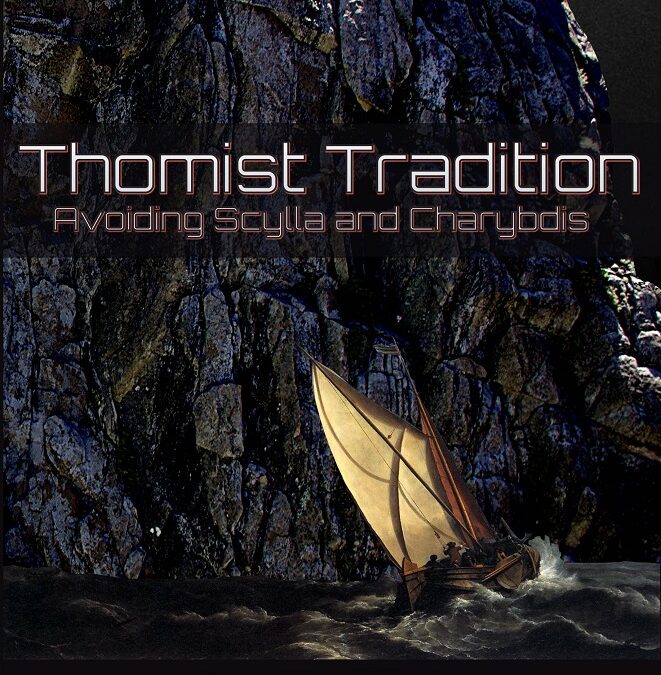
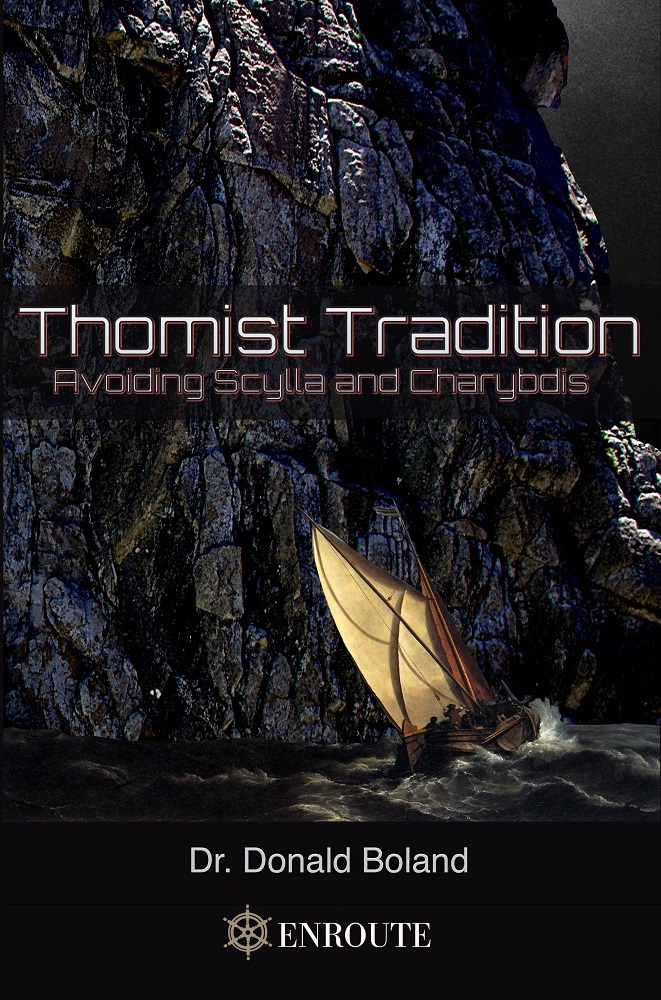
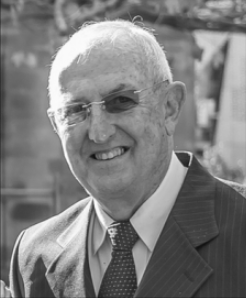 Donald G Boland Ll. B. Ph. D. is a founding member of the Centre for Catholic Studies Inc. in Sydney Australia and is one of its former Presidents. He practiced for a number of years as a lawyer having a degree in law from the University of Sydney. Over much the same time, having obtained a doctorate in philosophy from the University of St. Thomas in Rome, he has taught philosophy and law in both Catholic and secular educational institutions, such as the University of Technology, Sydney, the University of Newcastle, the Aquinas Academy, the Centre for Thomistic Studies Inc., now operating under the name of the Centre for Catholic Studies Inc., and various Catholic seminaries, such as those of the Marists and the Vincentians. His doctoral thesis was on the concepts of utility and value in economics as found in the works of Aristotle and St. Thomas Aquinas.
Donald G Boland Ll. B. Ph. D. is a founding member of the Centre for Catholic Studies Inc. in Sydney Australia and is one of its former Presidents. He practiced for a number of years as a lawyer having a degree in law from the University of Sydney. Over much the same time, having obtained a doctorate in philosophy from the University of St. Thomas in Rome, he has taught philosophy and law in both Catholic and secular educational institutions, such as the University of Technology, Sydney, the University of Newcastle, the Aquinas Academy, the Centre for Thomistic Studies Inc., now operating under the name of the Centre for Catholic Studies Inc., and various Catholic seminaries, such as those of the Marists and the Vincentians. His doctoral thesis was on the concepts of utility and value in economics as found in the works of Aristotle and St. Thomas Aquinas.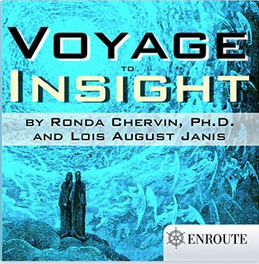
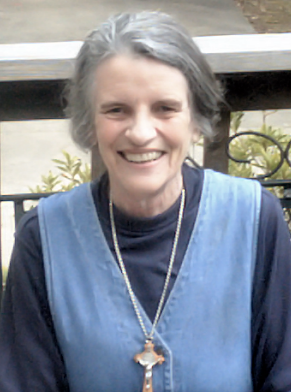 Ronda Chervin has a Ph.D. in philosophy from Fordham University and an M.A. in Religious Studies from Notre Dame Apostolic Institute. She is a convert to the Catholic faith from a Jewish but atheistic background. She has been a professor at Loyola Marymount University, St. John’s Seminary of the Los Angeles Archdiocese, Franciscan University of Steubenville, Our Lady of Corpus Christi, and presently teaches at Holy Apostles College and Seminary in Connecticut. More than fifty books of hers have been published by Catholic presses in the area of philosophy and spirituality. Dr. Ronda presents on EWTN and Catholic radio. She is a dedicated widow and grandmother. Her many books include
Ronda Chervin has a Ph.D. in philosophy from Fordham University and an M.A. in Religious Studies from Notre Dame Apostolic Institute. She is a convert to the Catholic faith from a Jewish but atheistic background. She has been a professor at Loyola Marymount University, St. John’s Seminary of the Los Angeles Archdiocese, Franciscan University of Steubenville, Our Lady of Corpus Christi, and presently teaches at Holy Apostles College and Seminary in Connecticut. More than fifty books of hers have been published by Catholic presses in the area of philosophy and spirituality. Dr. Ronda presents on EWTN and Catholic radio. She is a dedicated widow and grandmother. Her many books include 